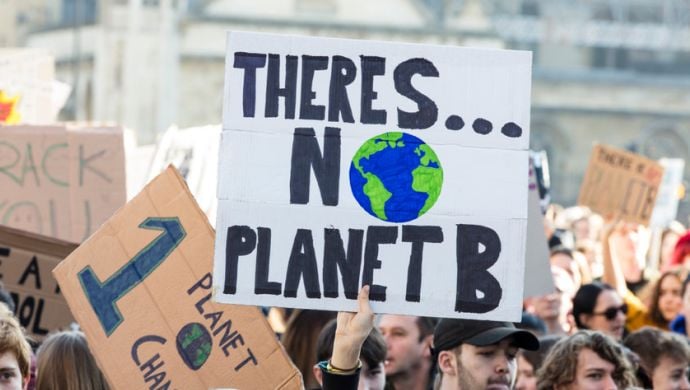
Startup Genome returned with its new The Global Startup Ecosystem Report: Cleantech Edition. The report named Singapore and Sri Lanka as the two promising cleantech startup ecosystems for Asia.
Sri Lanka was named as in the Ecosystems To Watch list due to the availability of affordable talents in the country. Top verticals in the market included cleantech, agritech, and foodtech.
Meanwhile, Singapore is noted for the strength of its funding and general startup ecosystem performance. In the market, the top verticals included fintech, cleantech, agritech, and foodtech.
In general, the top cleantech startup ecosystem in the world is still being dominated by startup hubs in North America and Europe with the top five being Silicon Valley, Tel Aviv, Stockholm, London, and Los Angeles.
One factor that Singapore and Sri Lanka have in common, that had pushed them to become a promising cleantech startup ecosystem, is the amount of government support and startup-friendly regulations that these two markets have.
In terms of funding, the report noted the decline of Series A funding in Asia in recent years. But it also noted that despite the decline, it recorded a two-times increase in total late stage investments (Series B+) in 2020, from US$1.17 billion in 2019 to US$2.47 billion, driven in part by several huge investments in EV companies.
Also Read: COVID-19, the environment, and the tech ecosystem: what opportunity is available out there for us?
In general, cleantech companies have the highest age at transaction of any sub-sector, with the average company taking 3.8 years to reach Series A and 5.5 years to reach Series B – almost eight months and 11 months longer than for tech startups across sectors.
What it takes to scale a cleantech startup
In the report, JF Gauthier, Founder & CEO of Startup Genome also named the common problem that cleantech startups are facing globally: the so-called “scale up gap.”
“If we could scale all of the cleantech innovations we currently possess, we might be halfway or —-who knows-— all the way to a net-zero economy. Sadly though, cleantech startups often run up against significant barriers when bringing their solutions to global markets. And while more capital than ever has been raised and invested recently by VCs, investors also poured money into cleantech startups 15 years ago and saw very few results. More capital
alone will not solve the scaleup gap,” he explained.
He further elaborated that historically, many of the world’s most successful startups have been in the software business, and for good reasons.
“Software startups offer solutions that have an inherent and large cost advantage, replacing labour with high variable costs with software that has a near-zero marginal cost. Cleantech companies, however, invest vast amounts of time, money, and technical skill to develop solutions that then start out with a big cost disadvantage, sometimes to the order of 100 times. These solutions compete against traditional technologies with huge economies of scale, fully depreciated production assets, and decades of production experience. It’s no wonder cleantech startups are far harder to scale than software-based businesses,” Gauthier stressed.
Also Read: How consumers are prioritising sustainability beyond the single lens of eco-friendly products
He offered the following as possible solutions to help build a thriving ecosystem:
– Creating demand-side policies
– Mobilising early stage capital with global industry expertise and customer relationships
– Bringing scaling skills and business experience to passionate cleantech entrepreneurs
– Combining venture investors with foundations and government funds to create larger and more patient capital
—
Ready to meet new startups to invest in? We have more than hundreds of startups ready to connect with potential investors on our platform. Create or claim your Investor profile today and turn on e27 Connect to receive requests and fundraising information from them.
Image Credit: ©inkdrop/123RF.COM
The post Singapore, Sri Lanka named as top Asian emerging ecosystems for cleantech startups appeared first on e27.

